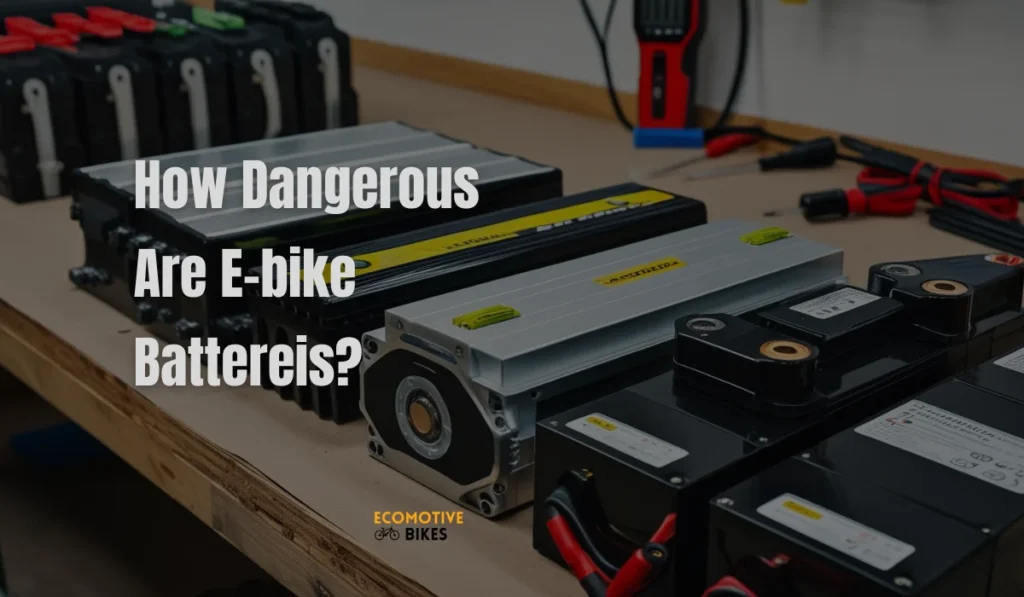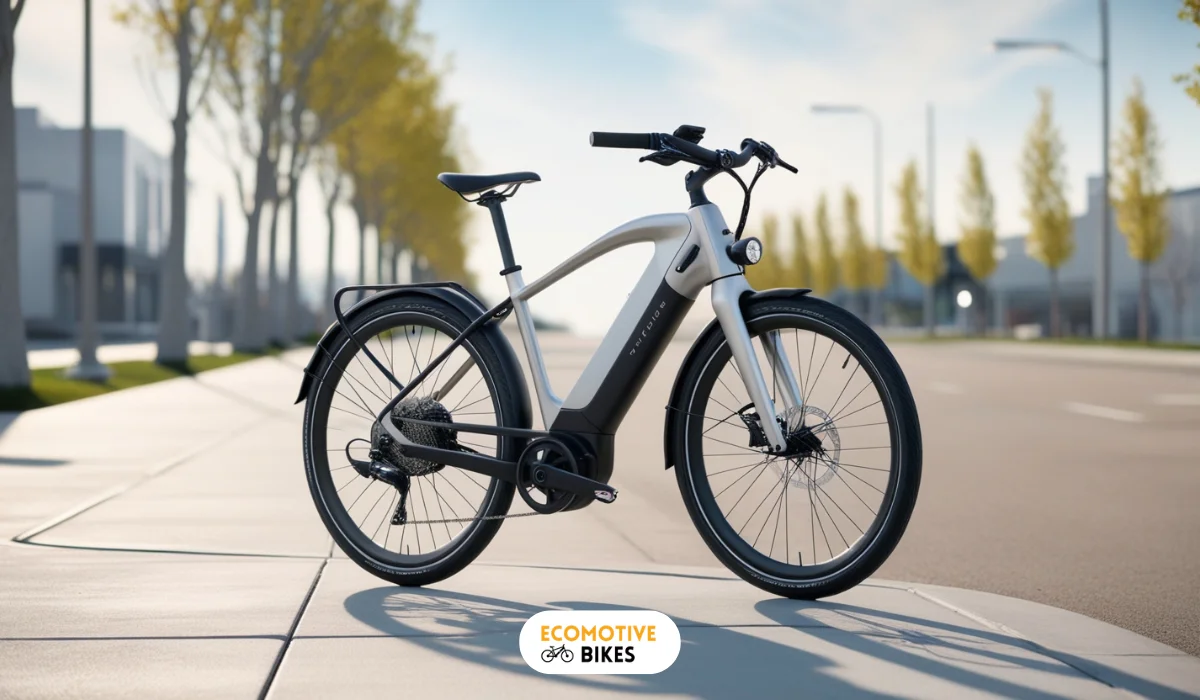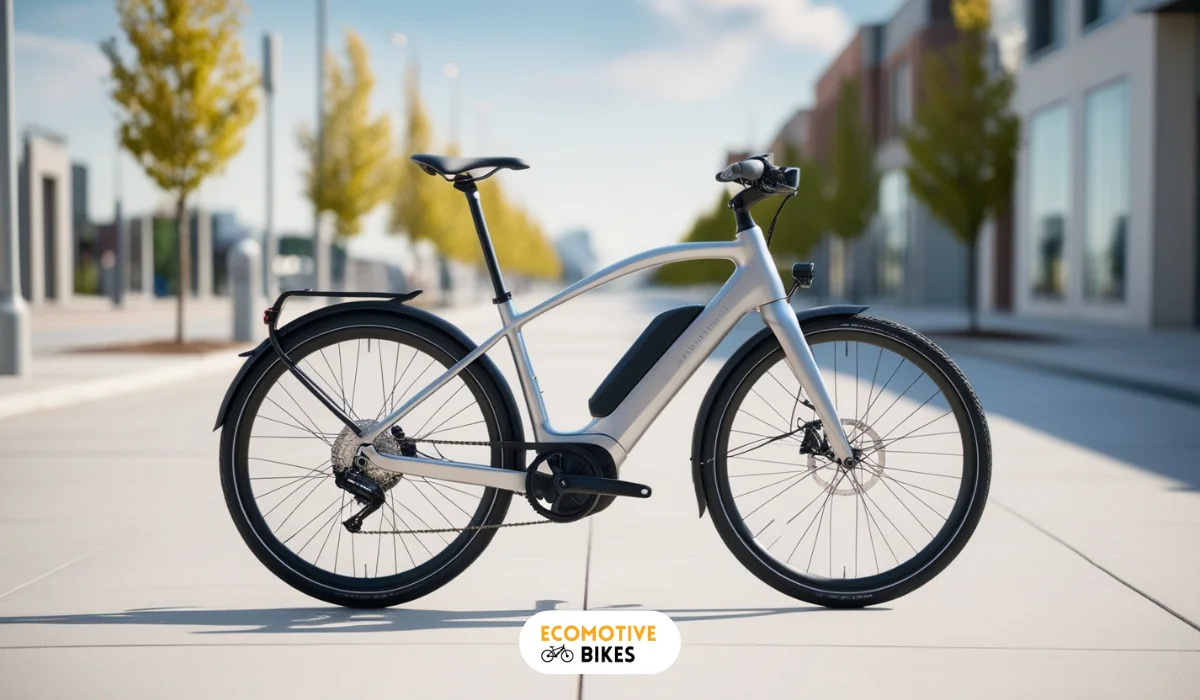Are Electric Bike Batteries Dangerous? Understanding the Risks and Safety Measures
Are electric bike batteries dangerous? Understand the potential risks of electric bike batteries. Learn safety practices, battery care for a safer e-bike experience.
Table of Contents
Related Articles:
Are electric bike batteries dangerous? There’s a growing concern about the safety of electric bike batteries, especially with the increasing number of fire incidents. London Fire Brigade has reported a significant rise in e-bike and e-scooter battery fires, occurring almost daily.
The causes of these fires range from electrical issues such as overcharging or incompatibility between the battery and charger, to mechanical damage and extreme temperature environments. Understanding the risks associated with electric bike batteries and taking necessary precautions to stay safe is imperative.
In this blog post, we will probe into the factors that make electric bike batteries potentially dangerous and provide tips on how to ensure your safety when using them.

Understanding bike and scooter battery fires
Common causes of battery failure
With the rise in popularity of electric bikes and scooters, it is crucial to understand the common causes of battery failure. According to the London Fire Brigade, factors such as overcharge, over-discharge, incompatibility between the battery and charger, and external short circuits can lead to electrical failure in ebike and e-scooter batteries.
The phenomenon of thermal runaway
To research deeper into the risks associated with electric bike batteries, it is crucial to explore the phenomenon of thermal runaway. For instance, when a battery cell overheats due to internal faults or extreme temperatures, exothermic reactions occur, leading to further heat generation. This can result in flammable gases, fires, and potentially explosions.
For instance, the charity Electrical Safety First identified nearly 60 listings by third-party sellers across major online marketplaces that failed to meet UK plug standards, highlighting the risks associated with substandard products. To mitigate the risks of thermal runaway, it is crucial to ensure that batteries and chargers are sourced from reputable suppliers and adhere to safety standards.
Related: How safe are ebike batteries?
Regulatory standards and market challenges
Safety Laws for Electrically Power-Assisted Cycles (EPACs)
Some of the most stringent safety laws in the UK apply to Electrically Power-Assisted Cycles (EPACs) to ensure they meet the necessary standards for safe operation. With an increase in ebike and escooter fires in recent years, adherence to these safety laws is crucial to prevent potential battery-related incidents.
The risks of overseas and online marketplace purchases
With a surge in the popularity of electric bikes, the risks associated with overseas and online marketplace purchases have become a growing concern. Standards in different countries may not align with UK safety regulations, leading to potential dangers posed by substandard goods. In 2022, nearly 60 listings failed to meet the UK plug standard, highlighting the need for greater oversight and consumer awareness when purchasing electric bike components from international sellers.
Regulatory measures are necessary to ensure the safety of electric bike components sourced from overseas and online marketplaces. The lack of regulation in this area has led to the availability of conversion kits that may not include the necessary safety features, putting consumers at risk of potential battery failures and related hazards.
The UK Government’s campaign to raise awareness of the legal implications of purchasing non-compliant electric bike components signals a step in the right direction towards addressing market challenges related to safety standards.
Conversion kits and safety measures
The unregulated market of conversion kits
All too often, electric bike conversion kits fall into a category of products that are not regulated, leading to potential safety hazards for consumers.
Without proper oversight, these kits may lack important safety features and can pose risks of battery failure or accidents. Consumers must exercise caution when purchasing conversion kits from unverified sources.
Recommendations for purchasing safe conversion kits
When considering buying a conversion kit for your electric bike, it is important to prioritize safety. Opt for reputable brands and products that have undergone rigorous testing and meet industry standards.
Ensure that the kit includes compatible batteries and chargers to avoid risks associated with mismatched components. By choosing quality products from trustworthy retailers, you can significantly reduce the likelihood of encountering safety issues related to your electric bike.
With the rise in incidents of electric bike battery fires, consumers need to be informed and proactive about their purchase decisions. By seeking out reliable and compliant conversion kits, riders can enjoy the benefits of electric biking while minimizing the potential dangers associated with substandard products.
Note, safety should always be a top priority when it comes to modifying your electric bike with conversion kits.
Related: Are all ebike batteries the same?
Tips for safe ebike battery use and maintenance
After learning about the potential risks associated with electric bike batteries, it is important to follow safety guidelines to protect yourself and your property. Proper maintenance and usage of ebike batteries can help prevent accidents and ensure a longer lifespan for your electric bike.
Best practices for charging and storage
- On average, the London Fire Brigade (LFB) had been called to an e-bike or e-scooter fire once every two days in the first half of 2023 – a 60 percent increase compared to the same period last year. To prevent battery fires, always use the charger that comes with your e-bike and avoid overcharging. When storing your ebike, keep it in a cool, dry place away from direct sunlight or extreme temperatures.
Avoiding incompatible chargers and parts
- Storage of ebike batteries is key to ensuring their longevity and safety. Always store your batteries in a cool, dry place, away from direct sunlight and extreme temperatures. Avoid storing batteries in places that are prone to moisture or heat, as this can damage the battery cells and increase the risk of a fire hazard. Proper storage practices can help extend the lifespan of your ebike battery and reduce the risk of accidents.
Knowing the proper way to charge and store your ebike battery can help prevent accidents and ensure a safe riding experience. By following these tips and guidelines, you can enjoy the benefits of electric biking while minimizing the risks associated with battery fires and failures.
Conclusion: Are electric bike batteries dangerous?
Hence, while electric bike batteries do pose a risk of fires and explosions, particularly when substandard or incompatible components are used, some measures can be taken to mitigate these risks. It is crucial to purchase electric bikes and conversion kits from reputable UK retailers who adhere to safety standards and regulations.
Following proper charging and storage instructions, avoiding modifications to electronic components, and being cautious when purchasing from overseas sellers via online marketplaces can significantly reduce the likelihood of battery failure incidents. By being vigilant and informed consumers, individuals can enjoy the benefits of electric bikes while prioritizing safety.





